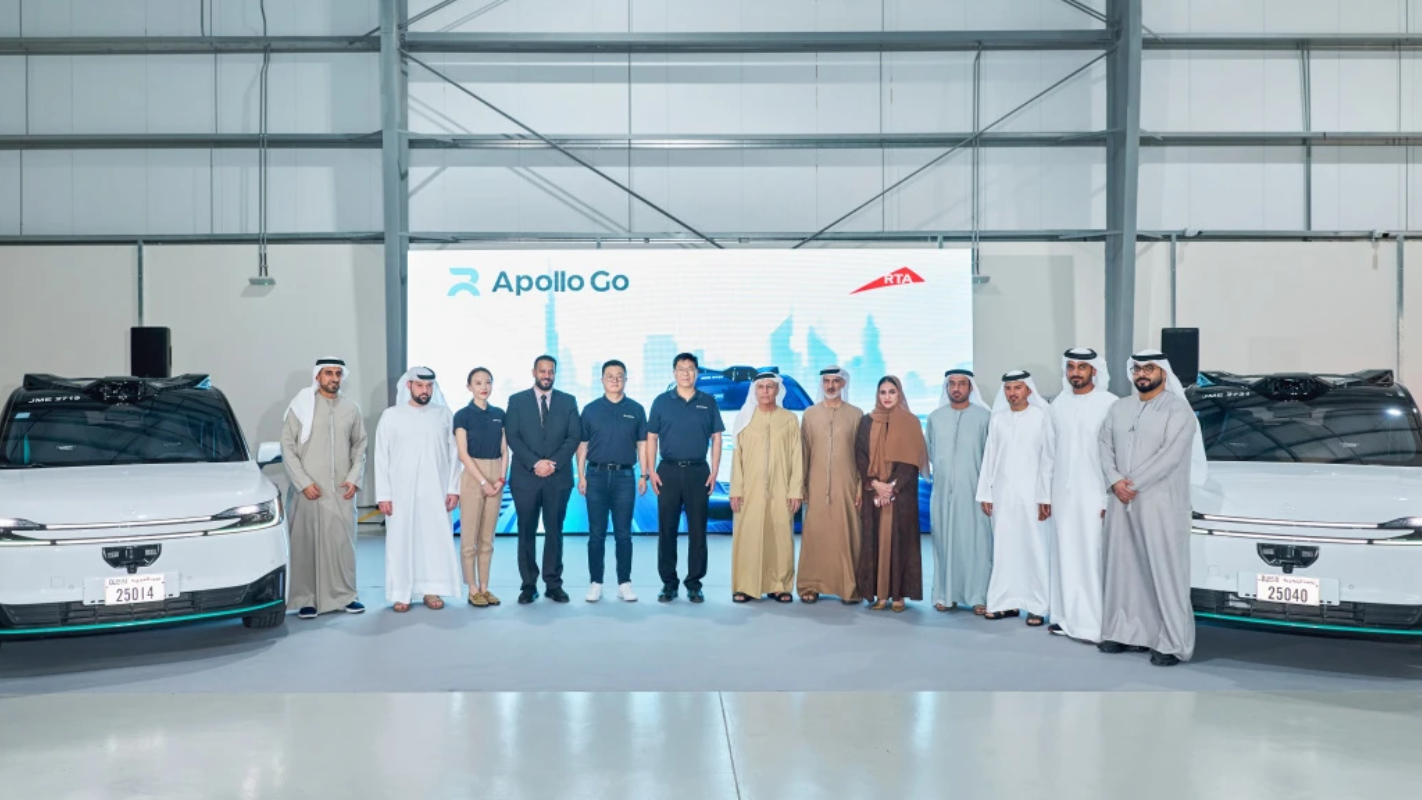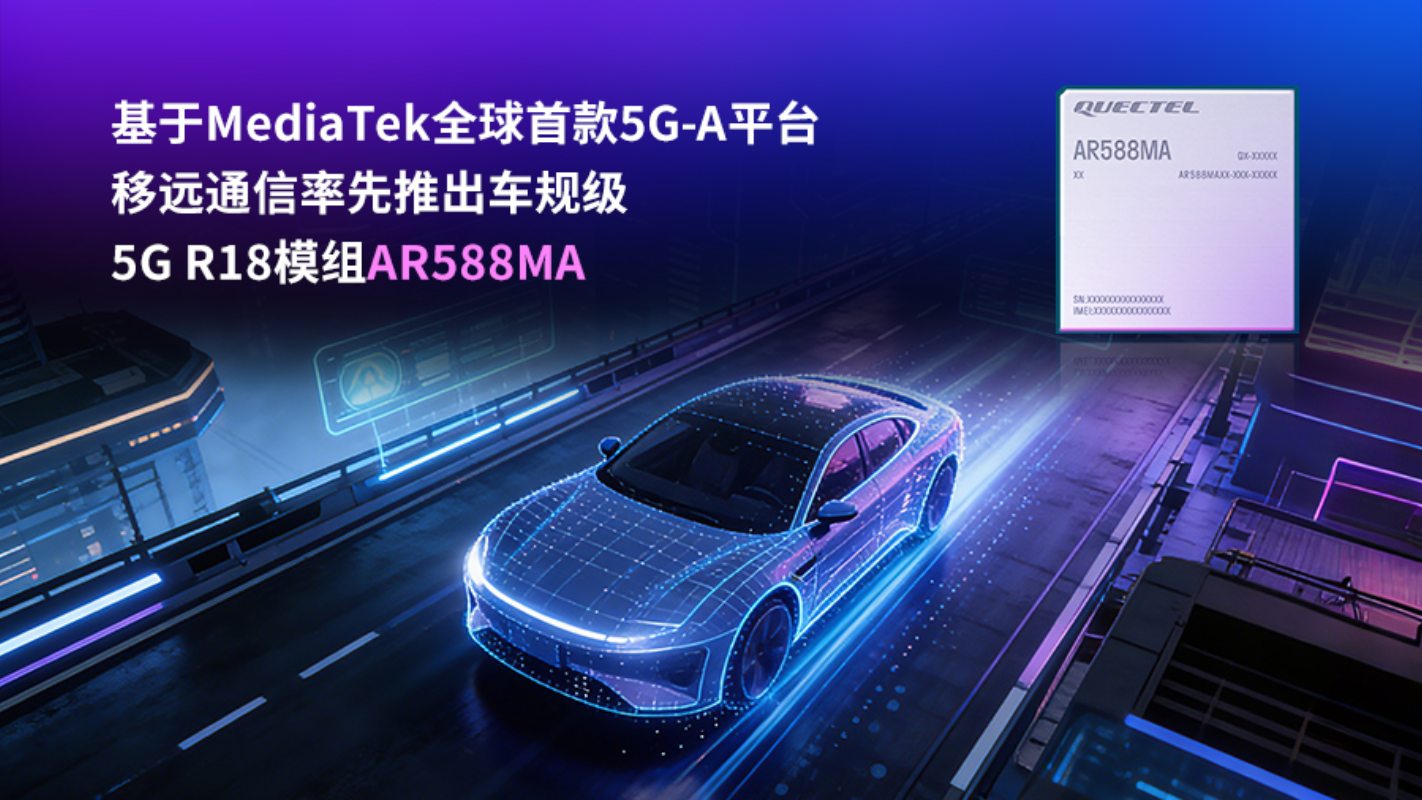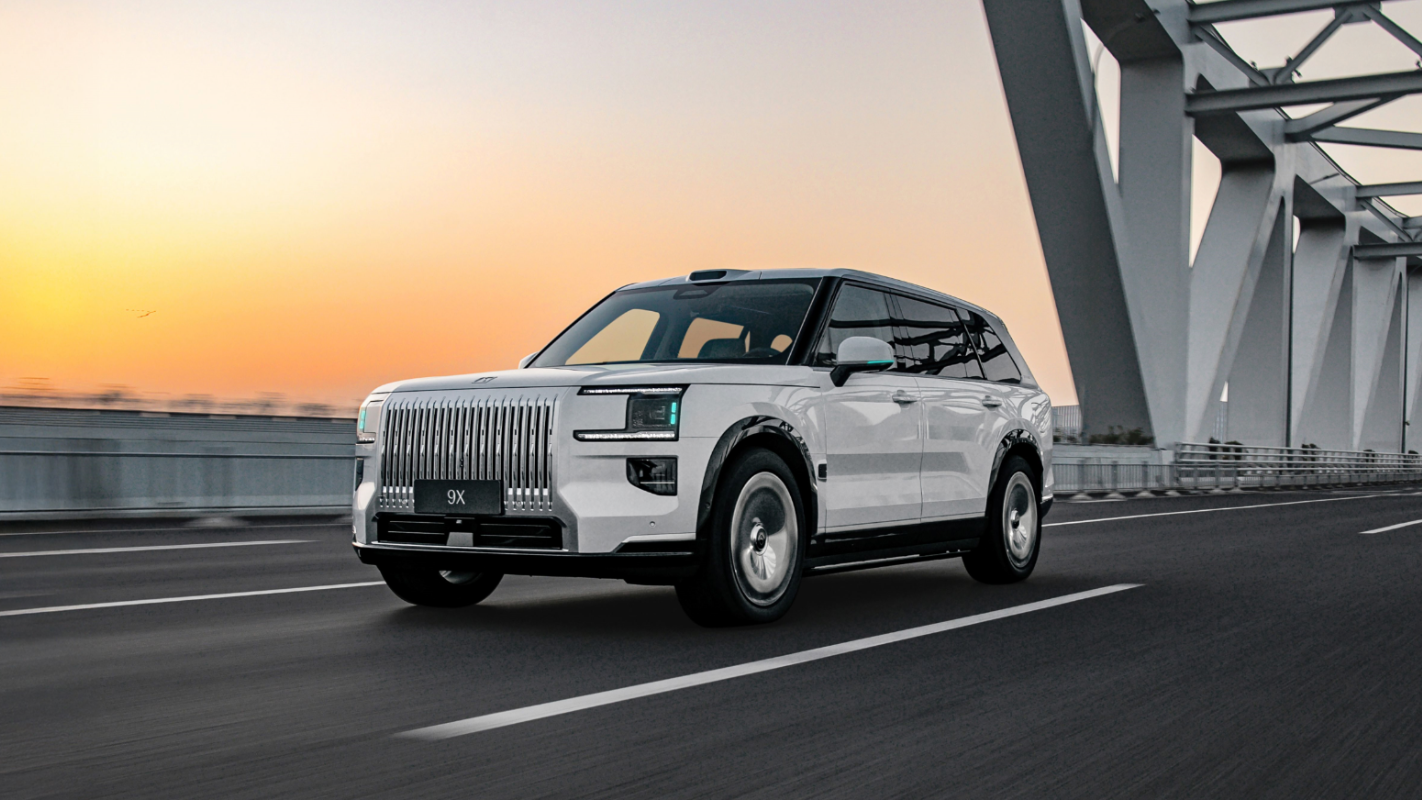Gasgoo.com (Shanghai) - While it still remains to be seen what exact changes are in store for the new electric segment, but one thing is for certain, the new vehicles are already changing the government's train of thought.
Domestic Chinese manufacturers have not had much power in the field of traditional fuel-powered vehicles. However, new energy vehicles give domestic companies new hope to take the leading role. It is clear to see that the Chinese government is keen to see that happen, with the Twelfth Five-Year Guideline to be replaced with new, more courageous plans.
That said, the official line on new energy vehicles has not changed. The government still regards pure electric vehicles as the ideal mode to transportation, and hopes that the industry will directly develop those vehicles. Manufacturers, however, have been relying on first developing hybrids and exploring other sources of technology. The difference in opinions comes with the government's desire for the industry to spend as less time as possible on transitional types of vehicles and jump headfirst into the new world of electric-powered cars.
The soon to be released official revisions of EV standards have been the focus of media attention lately. The four part handbook detailing the new policies reportedly contains 40 items spread over nine parts. The revised standards are to be released following approval from the national Standardization Administration.
In the end of October, Gasgoo.com (Chinese), in association with the 21st Century News Group, conducted a survey of 2,105 industry analysts and experts to collect their views on the new policies. Only 23 percent of the respondents believed that the new standards would make their debut smoothly. 46 percent, nearly half of the respondents believed that difficulties would arise, while the remaining 31 percent believed the probability of the policies not being introduced at all was very large. The new policies, it seems, have not been well received by those within the industry.
There is still a lot of doubt regarding feasible and widespread marketing of energy vehicles in China. This is coupled by the long supply chains needed for EV manufacture, which increases the numbers of parties vying for profits. There has been strong support for new energy vehicles and especially EVs, with the Chinese government being the most vocal proponents, but it has yet to be very many practical solutions to developing the industry.
Seven of the largest Western manufacturers operating in the West, namely GM, VW, Ford, Daimler, BMW, Audi and Porsche have agreed to establishing EV standards for North America and Europe. Meanwhile, the European Automobile Manufacturers' Association sent an official proposal to the European Commission regarding electrical outlets for charging EVs. This means that may very well be two different sets of standards in Europe alone, which says a lot about the feasibility of creating a set of international standards.
As far as China is concerned, there has been even less success. BYD, Zotye, Chery, GM, Nissan and other manufacturers have already begun selling EVs under their own standards. This naturally leads to problems. For instance, several EVs use 20 amps DC current to charge, while the household standard in China is 12 amps for DC current. As long as there is no unified set of standards, these sorts of problems will only continue to grow.
As long as national standards are not in order, ambitious manufacturers will still be willing to undergo economic losses in order to penetrate the market earlier, while more cautious ones will continue to wait. This makes it hard to accurately predict the future of the EV market.
When asked whether or not Chinese standards should follow international ones, 60 percent of poll respondents believed that it was best to only have one set of standards worldwide to maximize profits for all parties involved. The remaining 40 percent believed that Chinese policies did not require the introduction of international standards.
In the path to establishing national standards, domestic and state-owned enterprises, such as FAW, SAIC, Dongfeng and Changan, will have the largest say of those in the automotive industry. However, establishing a common set of EV standards will require reference to other industries and markets not only in China but around the world. This September, China participated in a vote on standards for EV outlets held by the International Electrotechnical Commission in Frankfurt. China also participated in a discussion on the topic held in the UK the following month. These events show the importance of agreement between international and domestic standards.
The debate behind standards can ultimately be viewed as a conflict for financial interests. Whoever gets to decide on the standards would be most well positioned to gain from their use. Therefore, every manufacturer is looking for its proposal to be accepted.
However, without universally accepted standards, developing the EV industry as a whole suffers.








